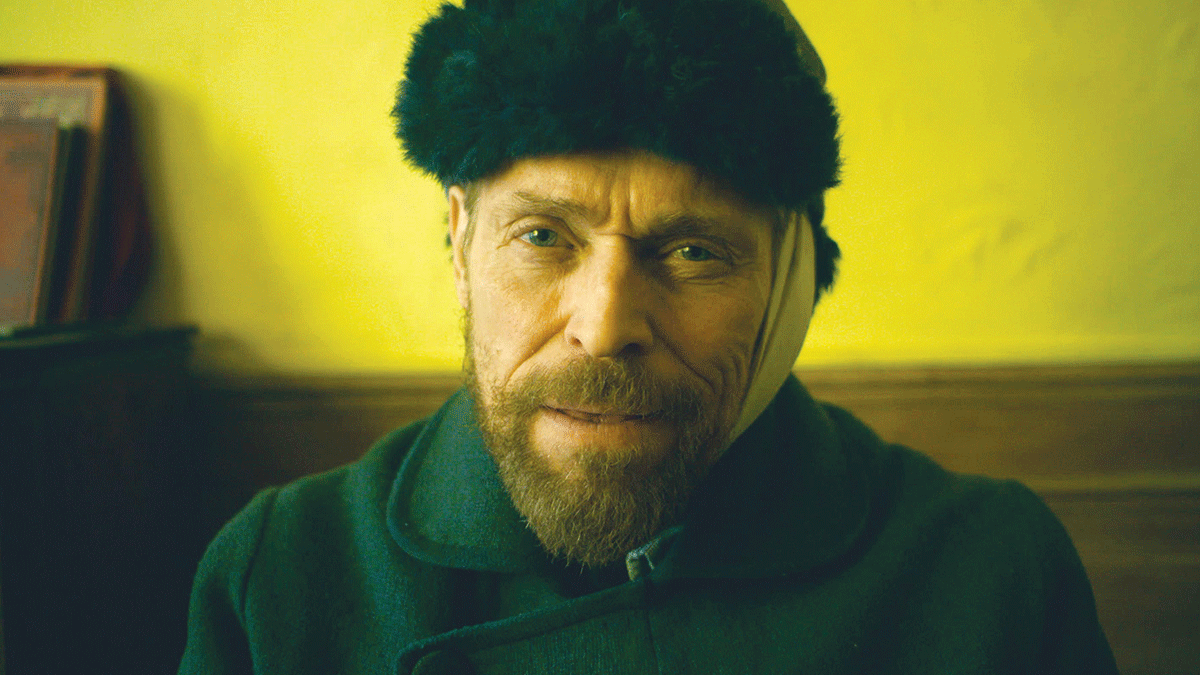Green Book
The false feel-good movie of the holiday season, Green Book sets low ambitions then hits them repeatedly with the assumption on the filmmakers’ parts that they’re saying something profound.
Set in 1962, the fact-based story takes perpetually relevant issues such as U.S. race relations and personal acceptance and undercuts its positive messages through hackneyed writing and elementary resolutions.
Flatly directed by Peter Farrelly (There’s Something About Mary), who also co-wrote the script with Vallelonga’s son Nick and Brian Hayes Currie, the film revolves around brilliant, uptight pianist Dr. Don Shirley (Mahershala Ali, Moonlight) and his mission to make a defiant statement by playing shows in the Deep South.
Accompanying him on this journey is Tony “Lip" Vallelonga (Viggo Mortensen), a racist, street-smart, uneducated bouncer on leave from the Copacabana while it undergoes renovations. In typical odd couple fashion, attempts at humor are made surrounding their differences, which here manifests in lazily making light of Tony’s unrefined ways with Dr. Shirley’s eloquent criticisms of these guffaws providing bland set-ups and punchlines.
As the pair go from show to show, revealing the artist’s gifts and ignorance of popular black musicians as well as highlighting Tony’s particular set of skills, it’s increasingly unclear what each respectable actor saw in the script.
Laughs are few, dramatic situations big and small are cliché at best and retreads of older, better films at worst, and in a year where films like Blindspotting, If Beale Street Could Talk, BlacKkKlansman, and The Hate U Give take nuanced, creative, and in turn memorable approaches to confronting racism, Green Book takes the easy, predictable route whenever possible.
Far more interesting than the racism element is Dr. Shirley’s sexuality, a detail that arises in a single scene and hints at a developed exploration of why he stays so buttoned up and keeps others at a distance, but is promptly dismissed and forgotten in “don’t ask, don’t tell” style.
Instead, Farrelly and his collaborators focus on themes of fellowship across lines of ridiculous societal separation — without doubt an admirable undertaking, though one that lands with minimal impact through their simplified, padded lens.
Grade: C-minus. Rated PG-13. Now playing at Biltmore Grande, Carolina Cinemark and Grail Moviehouse
(Photo: Universal Pictures)




